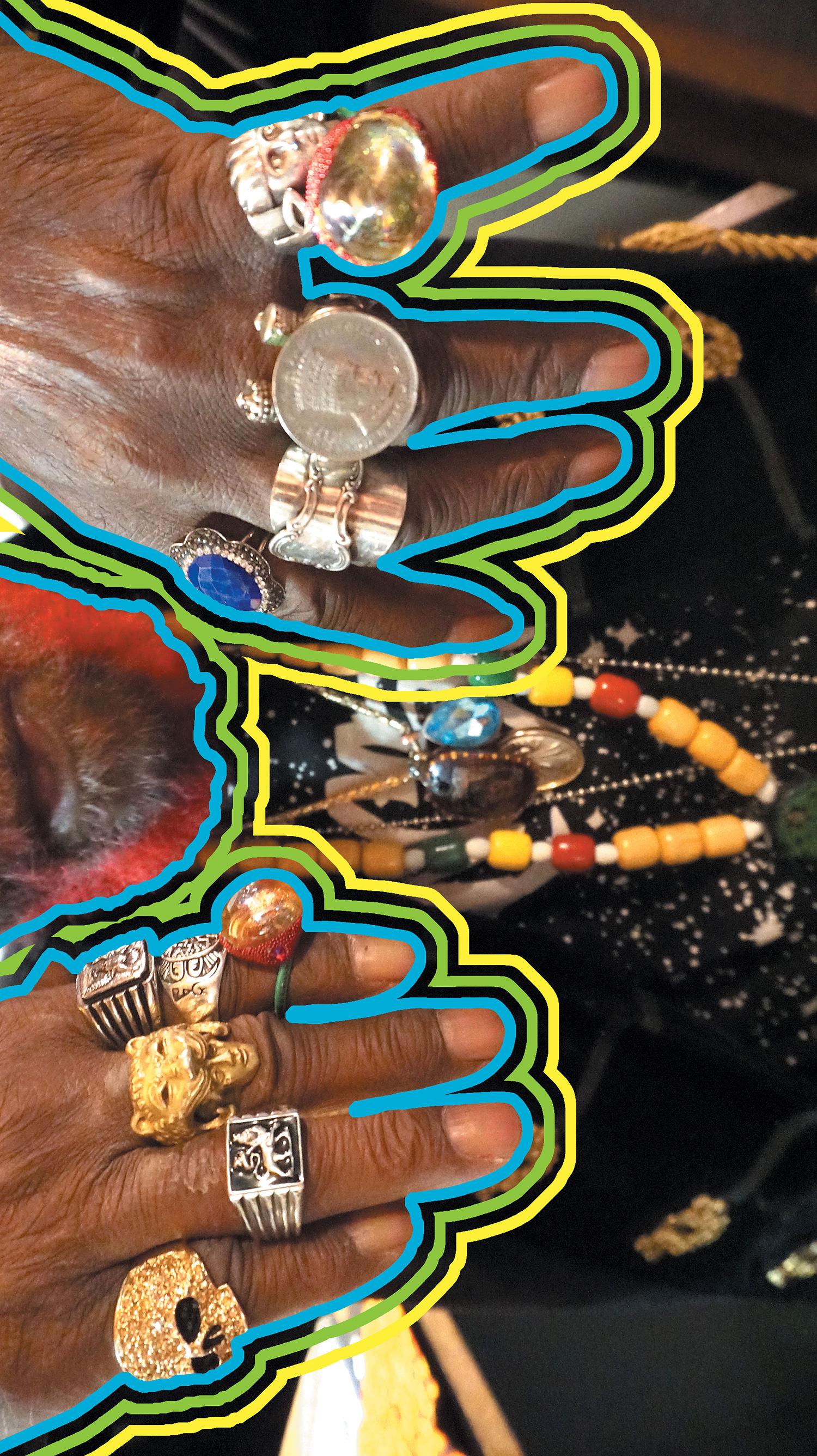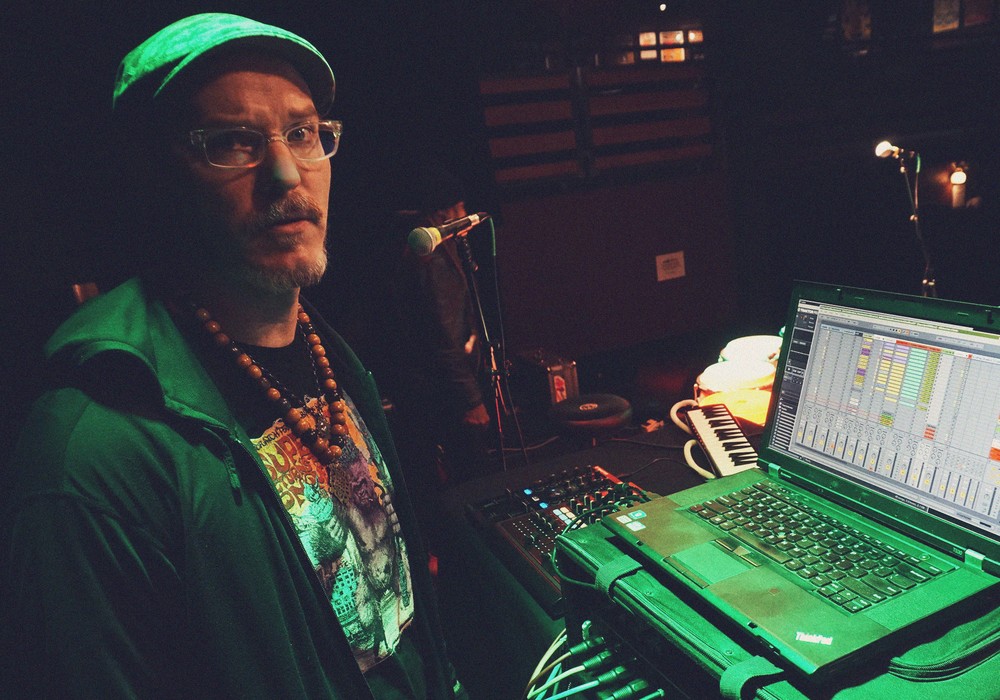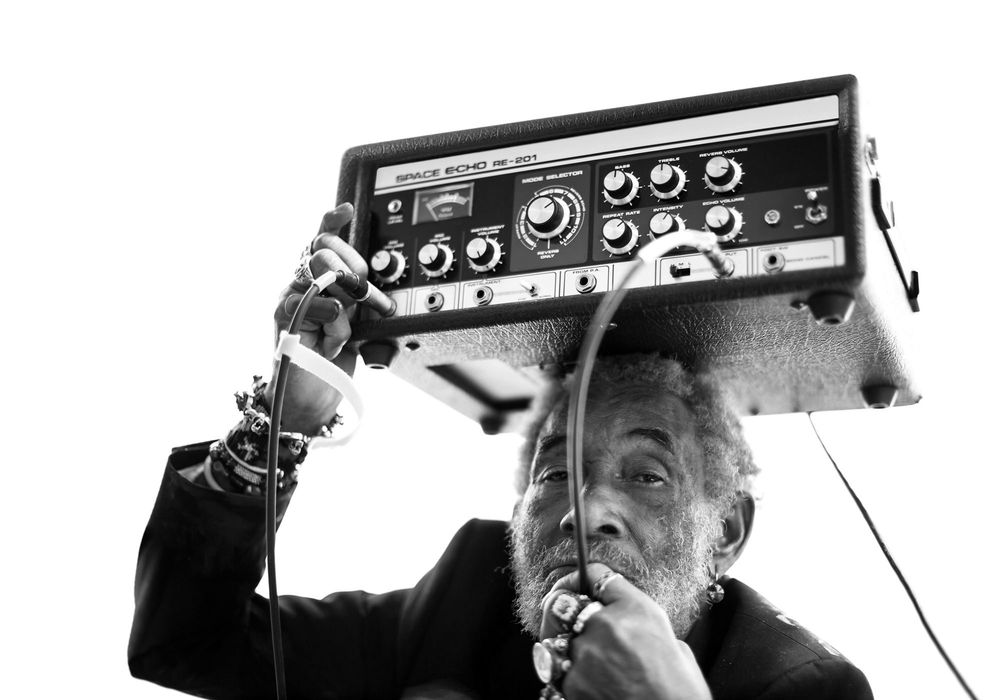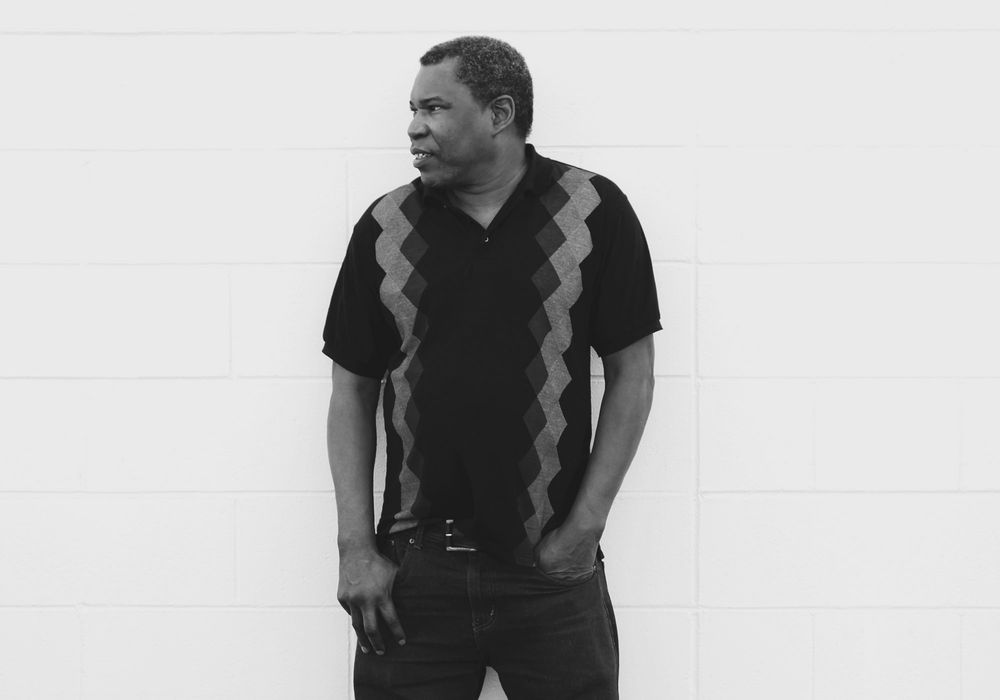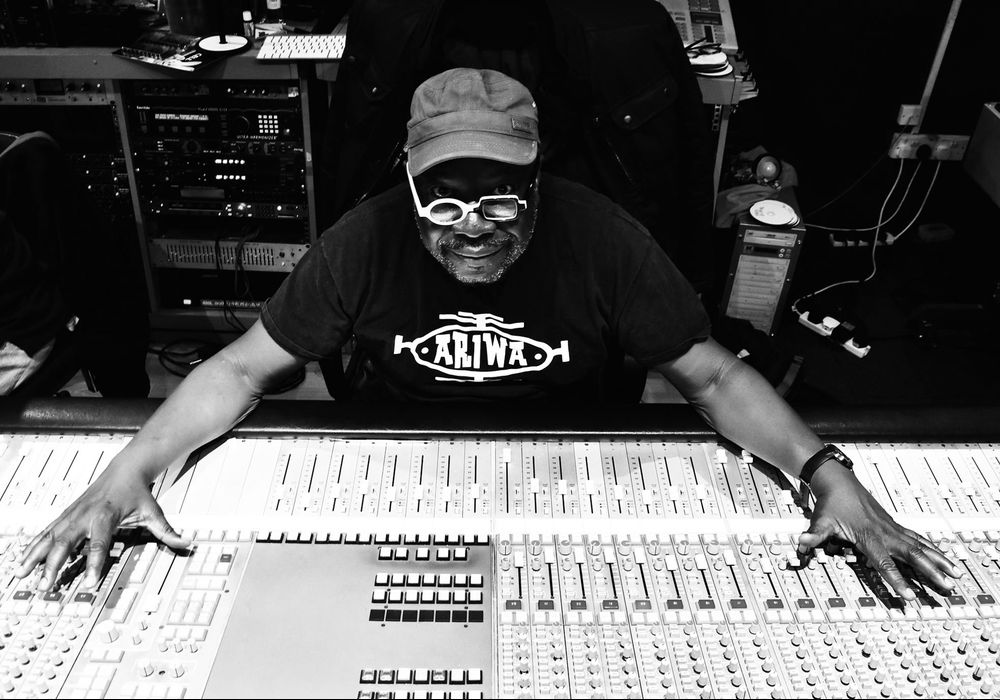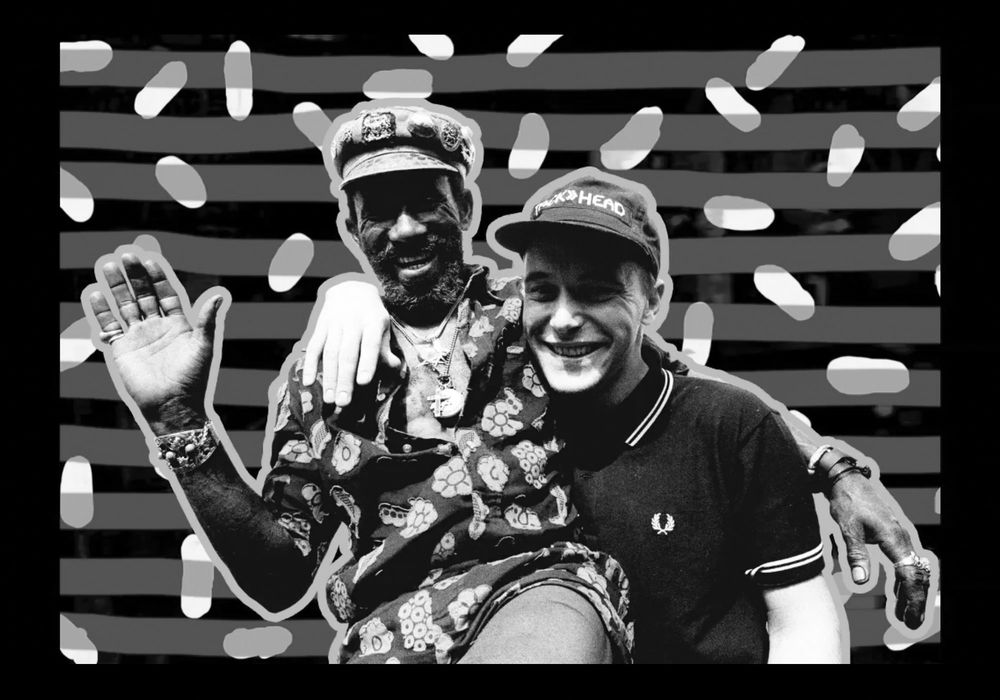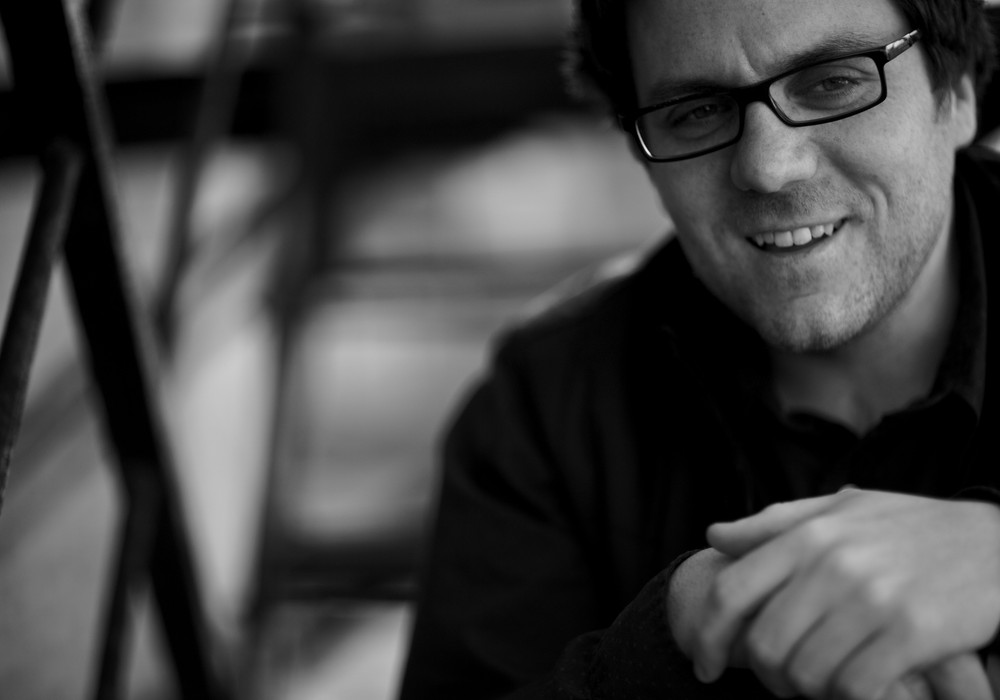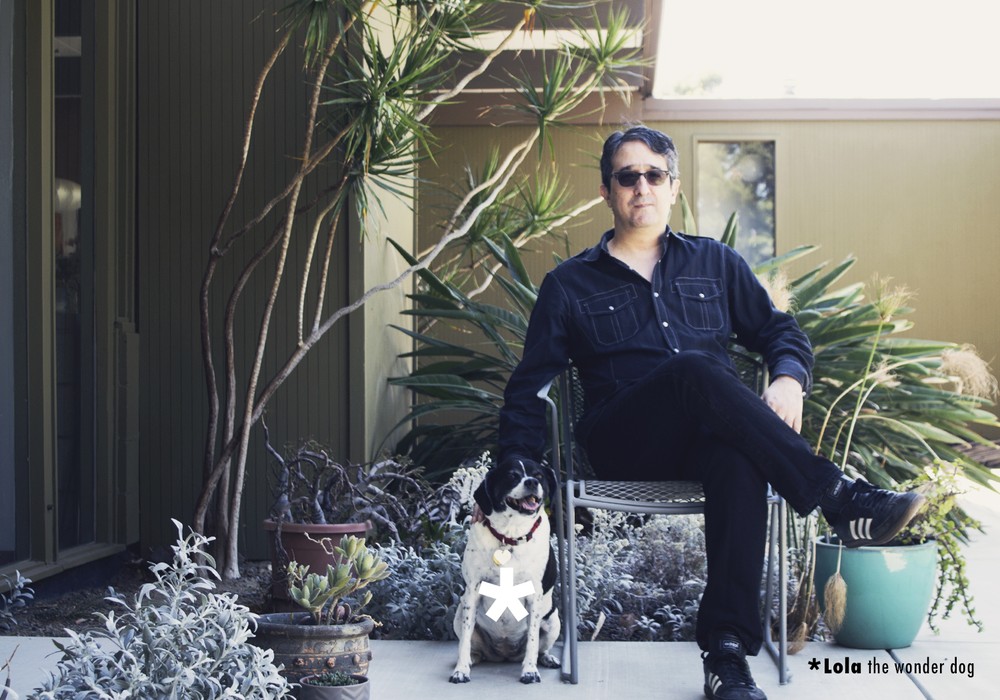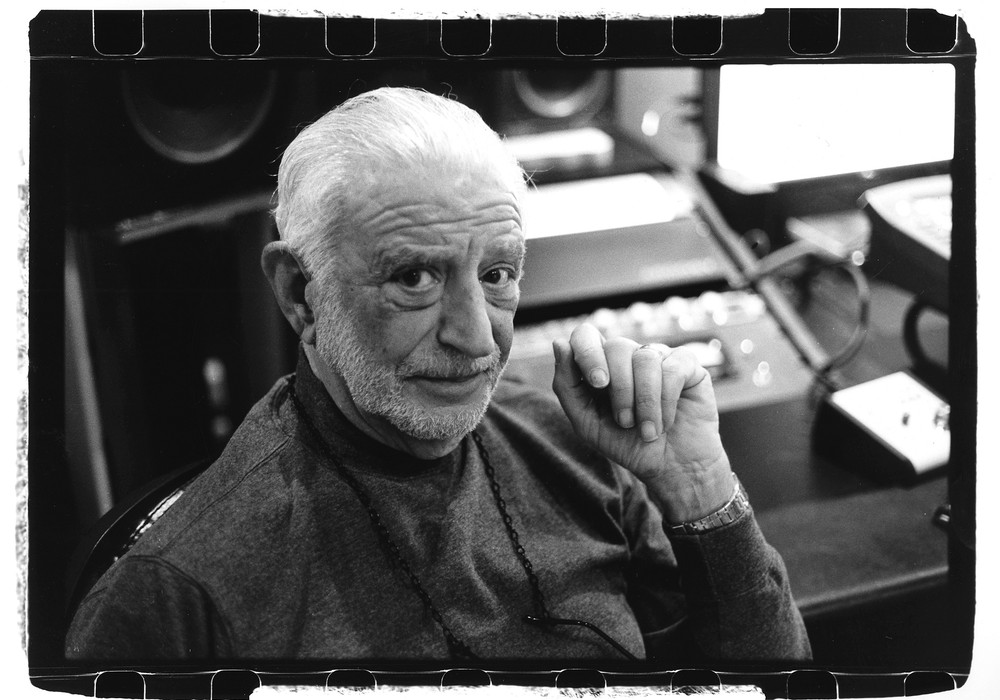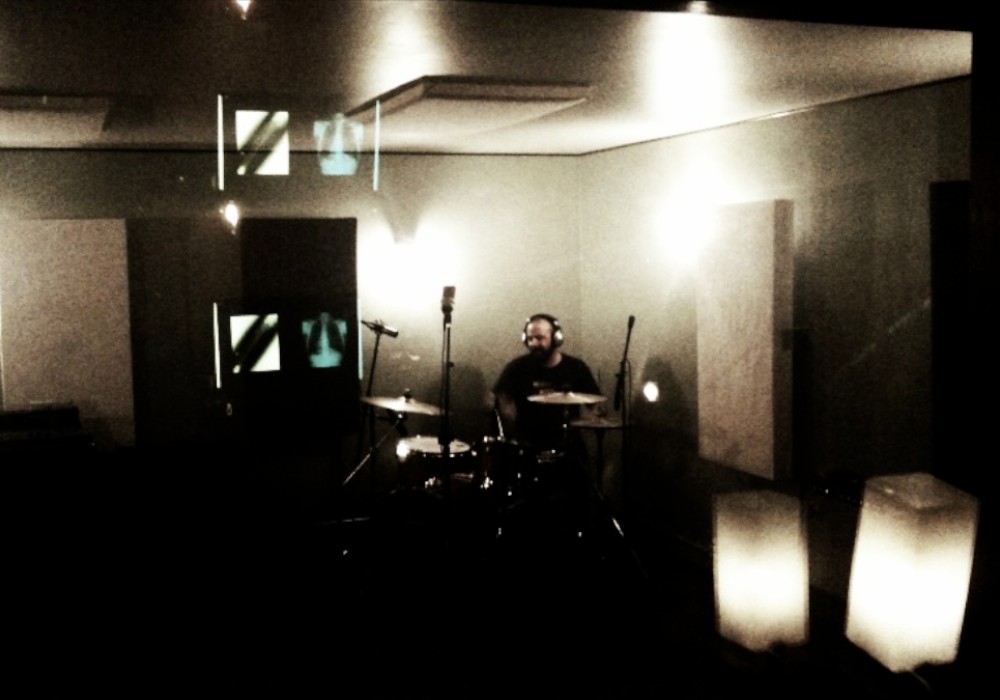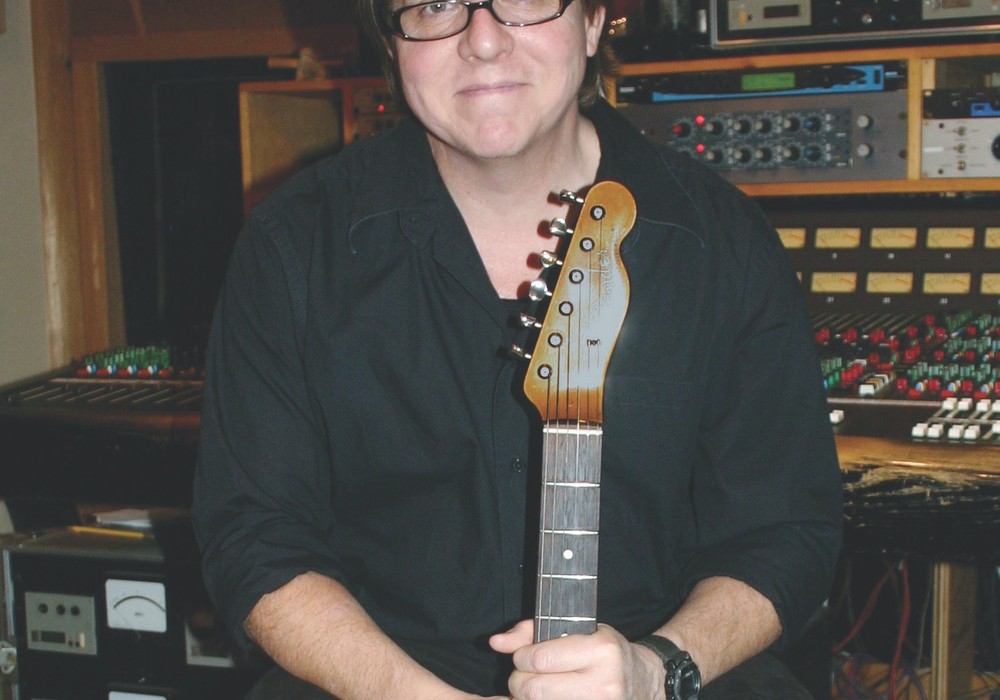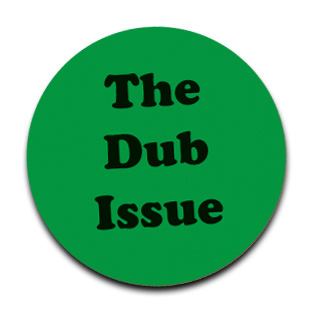
Co-founded by Emch in 1999, Subatomic Sound System is a collective of musicians and others with a focus on combining the new and old technologies of music, as inspired by Jamaican dub studio work and sound system culture. Collaborations with Lee "Scratch" Perry began over 12 years ago, and in 2017 their joint release, Super Ape Returns to Conquer, proved to be a worthy slab of reimagined reggae/dub experimentation. GS
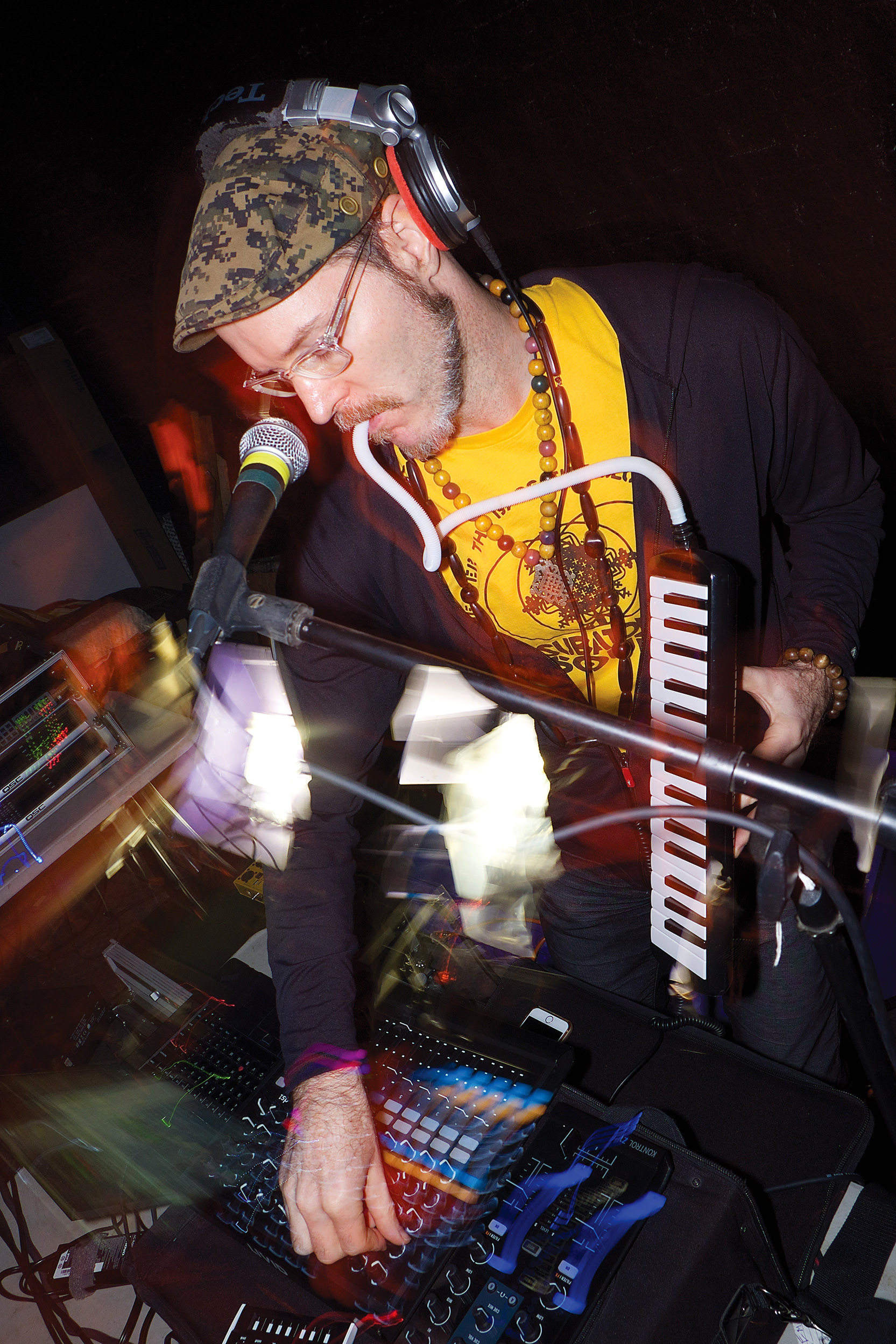
When I listen to what you're doing with Lee Perry, it's still dub mixing. It's not Skrillex-style dubstep.
When we did dubstep remixes in 2007, Skrillex didn't know what dubstep was. I actually ended up living with some guys from SMOG Records in L.A. for a little while, and they were telling me how Skrillex showed up to their shows – they were already playing dubstep. He was like, "What is this? Teach me how to make this!" That was years after we had already done dubstep remixes based on what was evolving with Lee. The funny thing was coming to New York – being into drum 'n' bass, hip-hop, and electronic music – we were doing something that we didn't have a name for. Dubstep was what we were already doing, basically. We annexed some of those names because people recognized it as a certain type of sound. We had those same influences evolve into something different. Working with "Scratch" was cool, because it makes sense for him to be involved in all that. Everything I just mentioned, he's at the root of. The interesting thing about this album is that it came out of us playing it live so many times. I'd be listening to our shows in the car, driving around, and we heard it evolve very naturally. Then I recorded Lee after a bunch of the guys in the band got their parts down in New York. I went down to Jamaica for a week and half, and we recorded all of his vocals. We actually recorded so much more at his place than [what showed up on] the album. In a way, when we were getting the album, it was like, "Yeah, let's get this out of the way." We'd been playing it for a year, and then he wanted to record a bunch of new music and do remixes of what we had on the album. Even though we were already thinking past it, we were like, "Let's put out what we've been doing. Something that's more representative of the live show." To him, playing live is so important. The album is a good representation of it, but there's something about Lee's physical presence. The show is about creating a vibe, a connection, and a communication between people. That's why it is like a religious type of experience. When you get to the root of music throughout the history of humanity, it's always been closely linked to peoples' religions. There's no religious ceremony that doesn't have music, throughout all of history. In this day and age, a lot of people see a separation, especially in America where people are generally not very religious. Reggae is one of the few forms of music that has a very strong religious component, but people don't think of it as they would Christian rock. People don't call it Christian reggae! When you go back to a lot of the influences on Lee's music – Africa and the drumming – it's like, "Why did we configure the band this way, with the horns and the percussion being almost lead instruments?" That's the core. The drum and bass are the heartbeat for him, but the horns and percussion on top of it are such important elements in his music.
It's a human need to feel. I think that's why many people are religious; to have that communal experience.
I don't know if you've ever been to Burning Man, but I feel there's a lot of artificial spirituality there. A lot of people grasping. People are struggling to find meaning to their life. The interesting thing about Lee's worldview is that Rastafarianism is part of the Judeo-Christian tradition, but he's got this whole idea of being connected to nature. It brings it all together. It's more of an Eastern view. I studied a lot of philosophy, and Asian philosophy tends to view more the interconnection between people and society, that we're...
